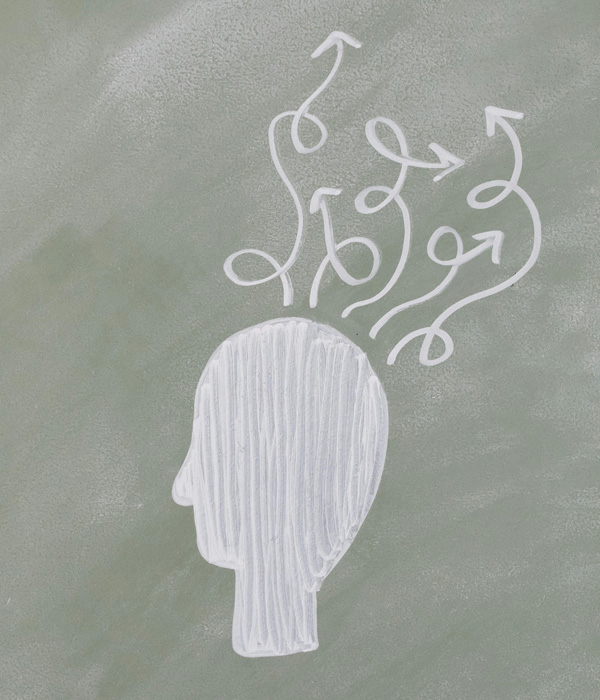Mitchell’s study underscores the positive impact of exercise on memory and planning skills

[Brain, Photo Credit to Pexels]
A recent research paper titled: "Exploring the associations of daily movement behaviors and mid-life cognition" by John J. Mitchell, reveals that even brief exercise can improve memory and cognitive abilities while spending more time sitting or sleeping may reduce cognitive function.
According to the study, engagement in physical activity (PA) has been associated with the development of cognitive reserve, which delays the onset of cognitive decline in later life.
However, as individuals age, all aspects of PA including intensity and volume tend to decrease, potentially affecting cognition later in life.
Cognitive decline has been linked to lower levels of physical activity.
In order to reveal the relationship between different daily activities and mid-life cognition, participants born in 1970 across England, Scotland, and Wales, were tracked from childhood to adulthood and their movement intensity and rest periods were measured by using thigh-mounted accelerometers for up to 7 days.
The findings revealed that both moderate to vigorous physical activity (MVPA) and sedentary behavior (SB) were associated with higher cognitive scores, particularly in executive function, compared to sitting, sleeping, and simple light activities.
Vigorous exercise like running, swimming, biking uphill, and dancing, as well as moderate activities like walking were particularly beneficial for improving cognition.
Engaging in moderate and vigorous exercises, even those lasting less than 10 minutes, was associated with significantly better scores in thinking ability compared to those of people who mostly sat, slept, or did light activities.
The study showed that individuals who did these exercises had improved working memory, which is the ability to hold and use information in your mind for thinking tasks.
The exercises had the most significant effect on executive processes such as planning and organization.
Shifting time from SB to MVPA improved cognition, while reducing MVPA had negative effects.
Moreover, individuals with sedentary jobs may benefit more from increasing MVPA.
On the other hand, people who spent more time sleeping, sitting, or barely moving rather than getting in some moderate to vigorous exercise had a slight decrease in their cognition, dropping by 1% to 2%.
The reason why exercise is important for brain activity is due to the interaction between the body and the brain, resulting in changes to neurotransmitters and neural circuits in the brain caused by various substances secreted by gut microbiota.
This biochemical signaling of such activities is referred to as the gut-brain-axis, and exercise is the most useful way to utilize this axis.
In fact, various studies consistently show that regular exercise enhances memory, cognitive abilities, and motor skills.
Intense physical activity sends signals to increase various metabolic activities in multiple organs, generate energy in muscles, bones, and the heart, and increase the activation of cell and tissue regeneration and repair.
While there have been various studies on exercise, this research provides valuable insights on the importance of exercise for cognitive health by shedding light on how changes in the duration and intensity of physical activity are related to cognitive enhancement.

- Jimin Jun / Grade 8
- Unjung Middle School

![THE HERALD STUDENT REPORTERS [US]](/assets/images/logo_student_us.png)
![THE HERALD STUDENT REPORTERS [Canada]](/assets/images/logo_student_ca.png)
